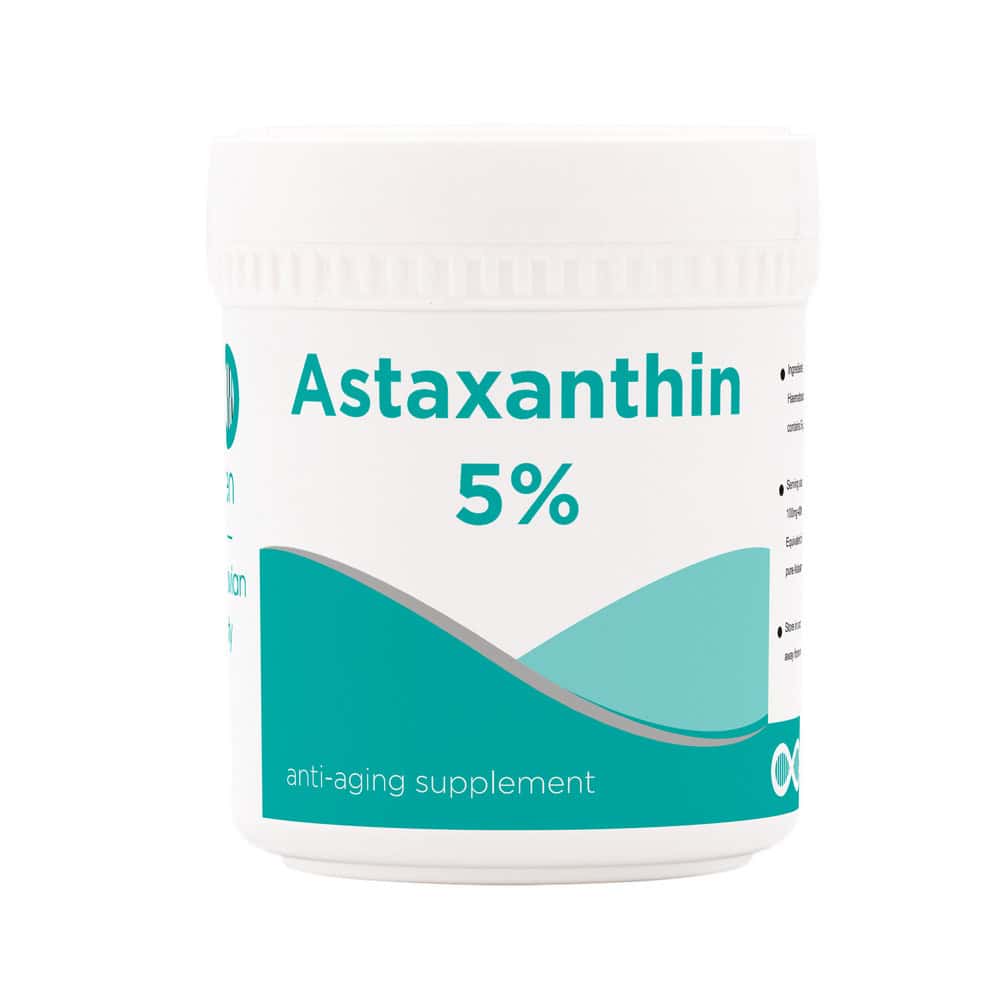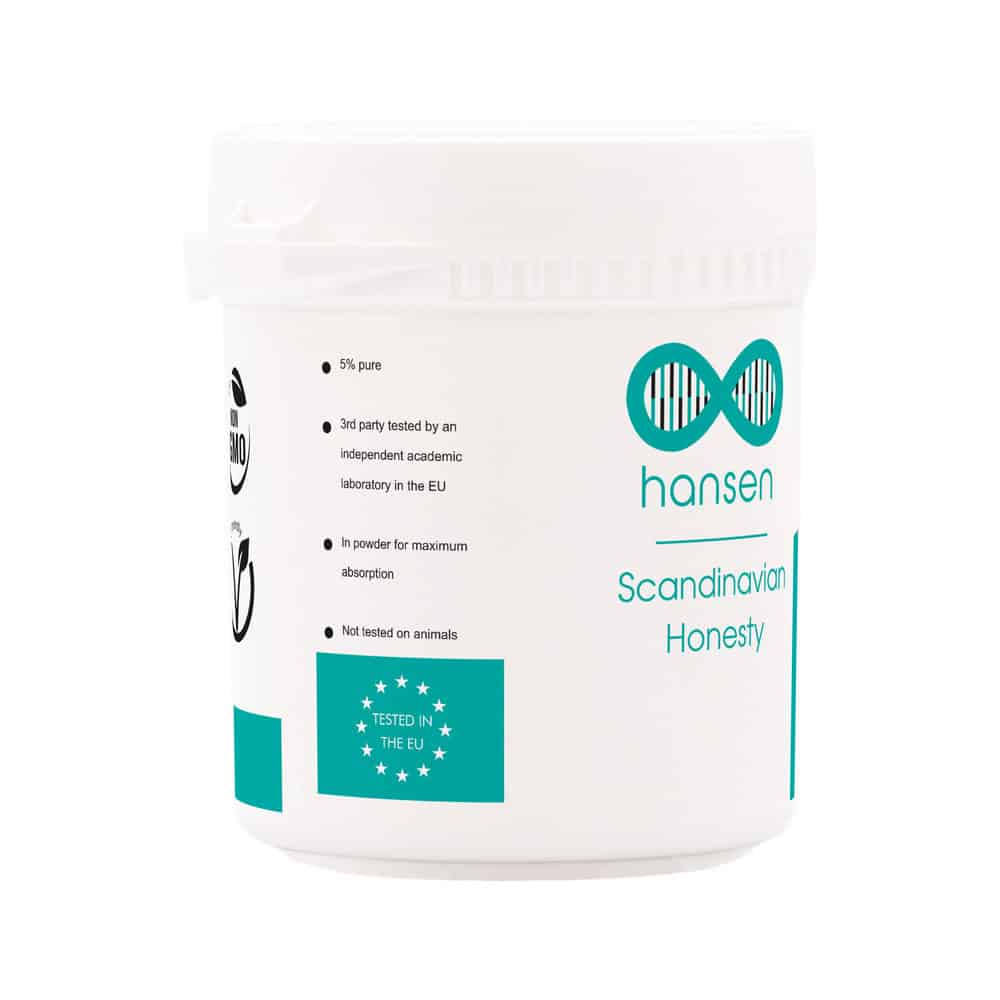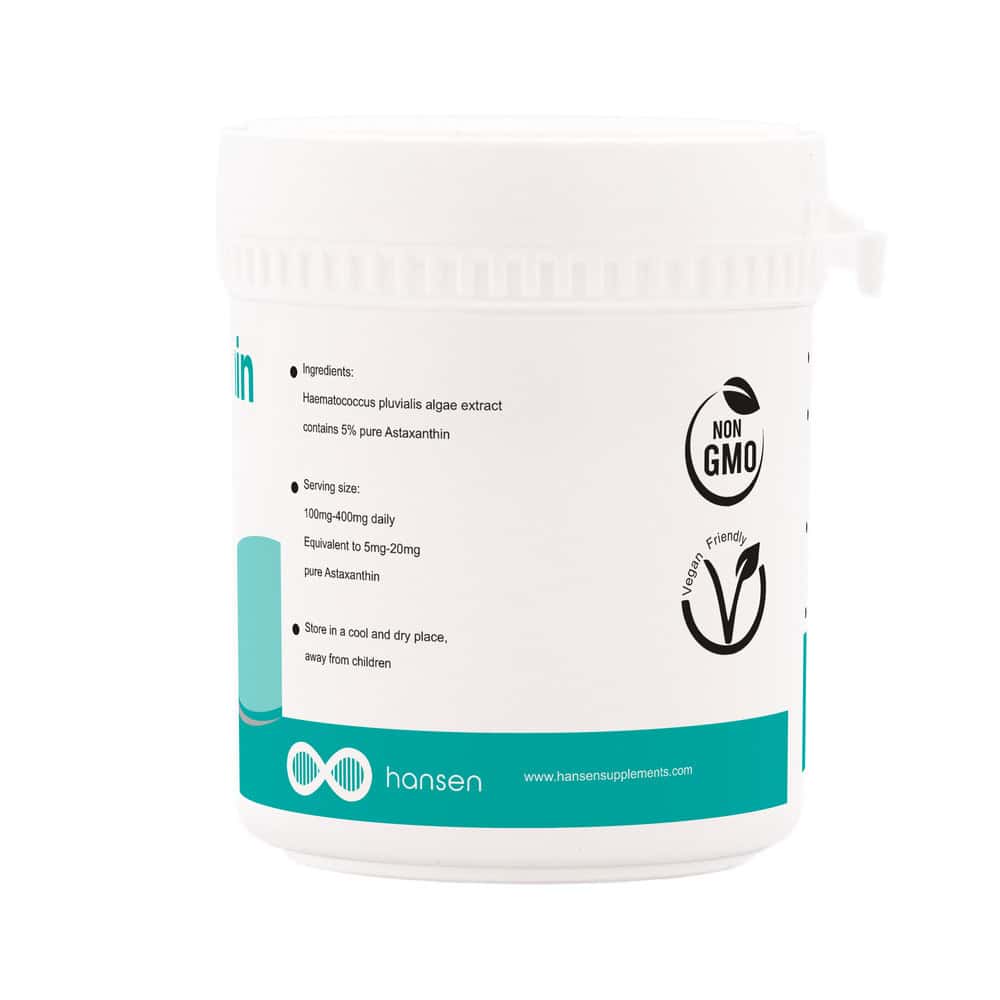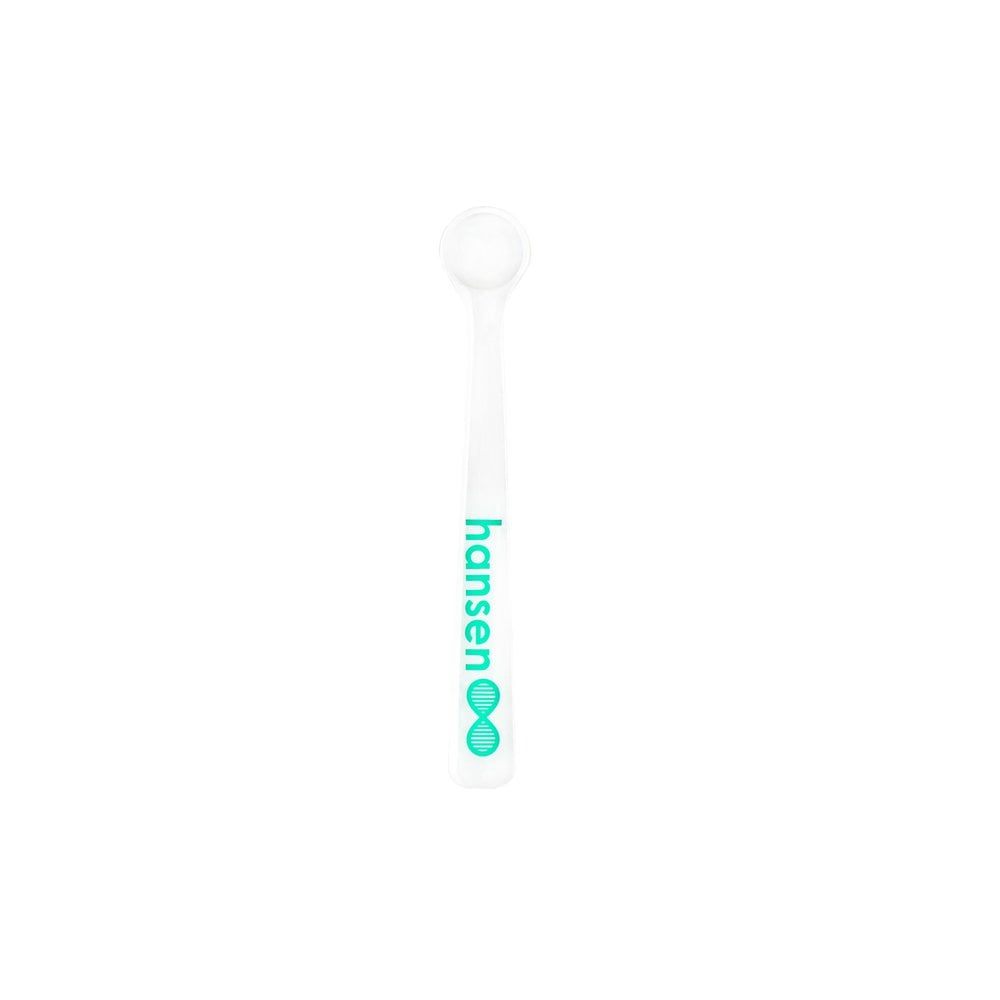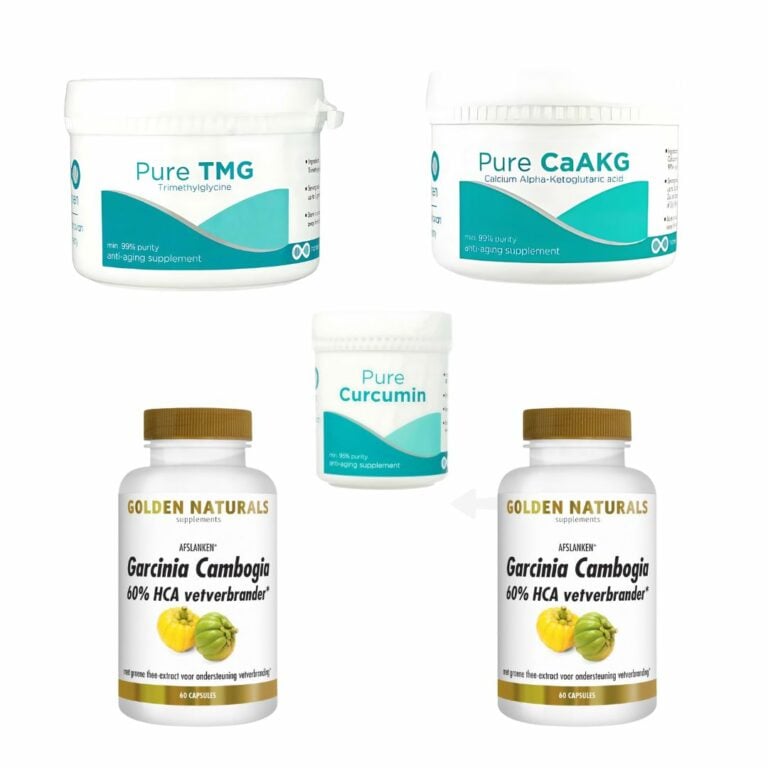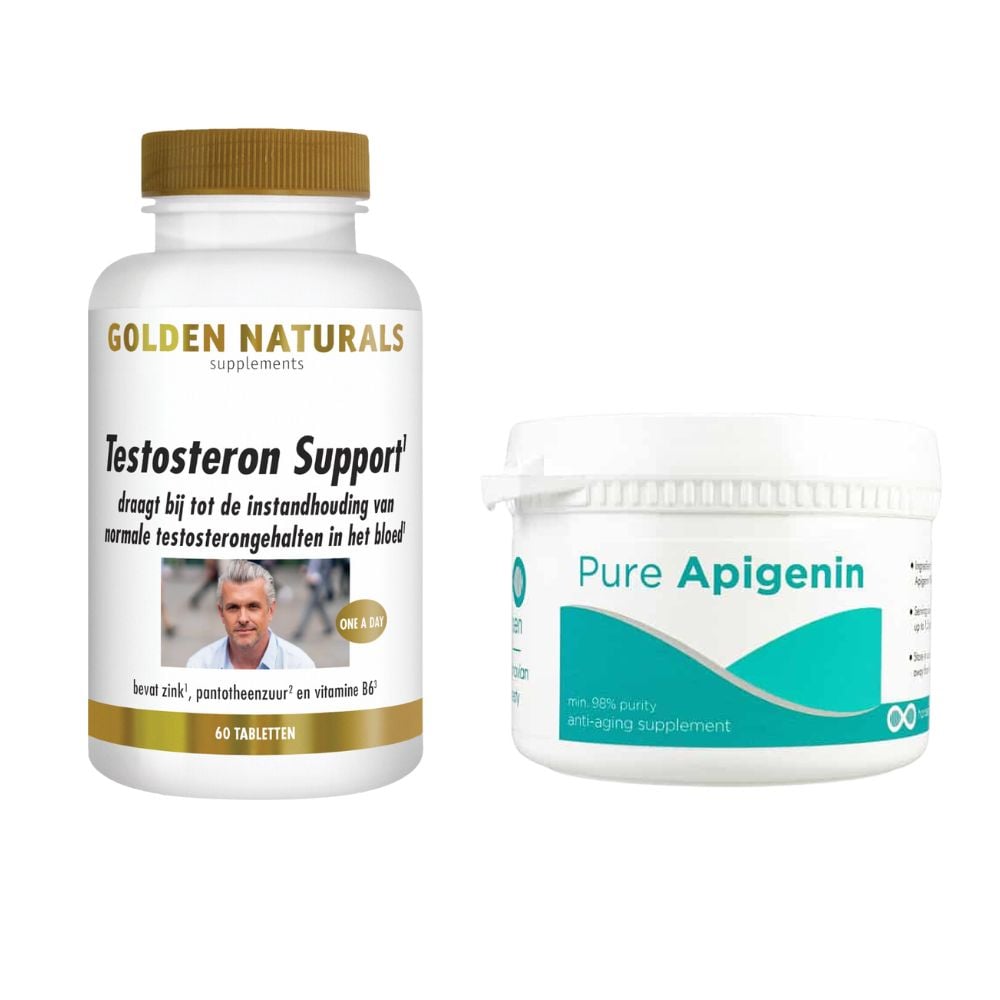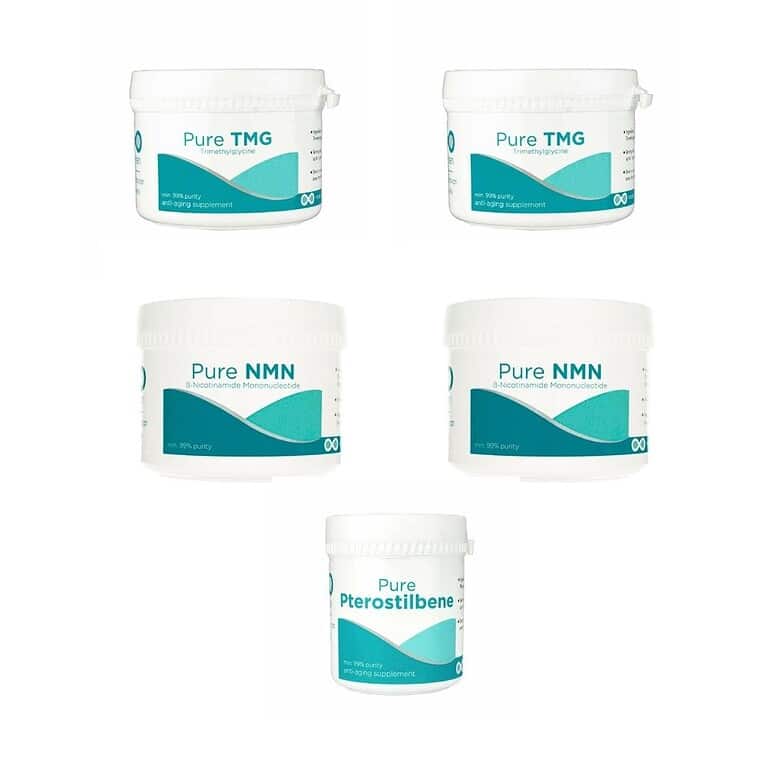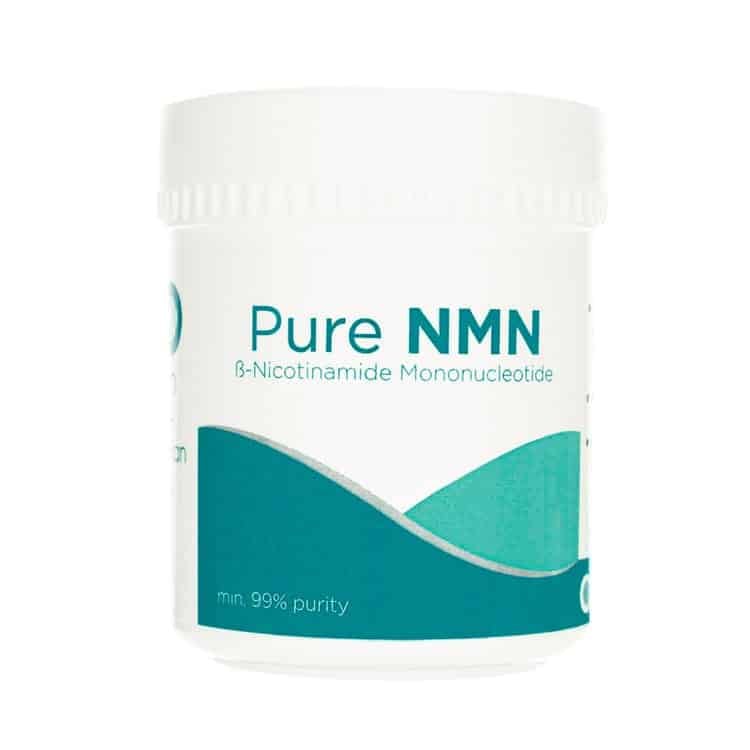6 in stock – order more than current stock? A few extra working days delivery time.
€62,95
Astaxanthin supplement made from microalgae
Astaxanthin is a natural carotenoid pigment that is responsible for the pink to red color of salmon, lobster, shrimp and flamingo, among others. For these animals, astaxanthin is a vitamin-like substance that is essential for the health of these animals. Numerous scientific studies increasingly show that astaxanthin can also be beneficial to human health.
This pure Astaxanthin supplement is often used for the skin, hair, eyes, joints, fatigue, liver, obesity and cardiovascular system. It is a natural supplement made from the extract of the algae haematococcus pluvialis. Contains at least 5% pure astaxanthin. This is the highest possible percentage available.
Contents: Astaxanthin supplement powder 60 grams
All supplements from Hansen are tested by an independent European university laboratory for purity and harmful substances. This means you are guaranteed to buy pure supplements, without unnecessary harmful additives

